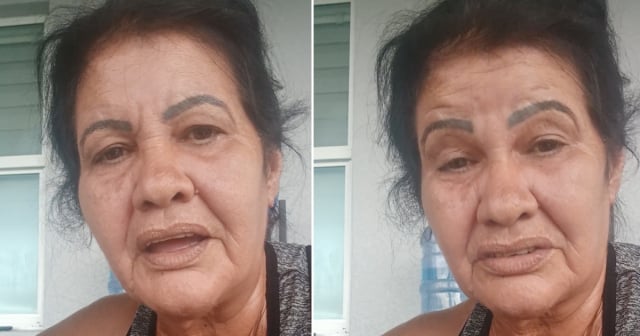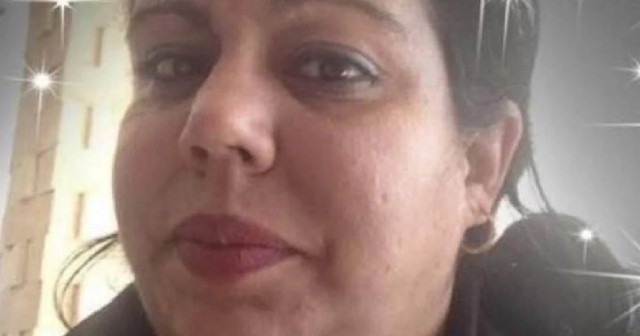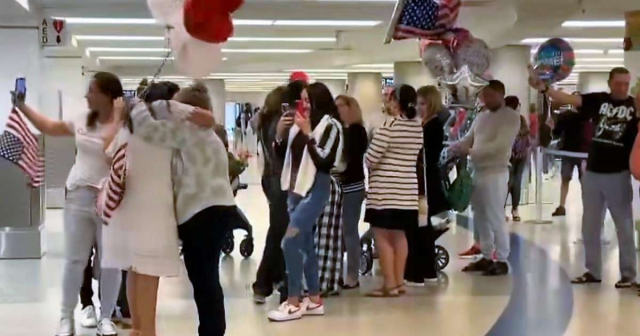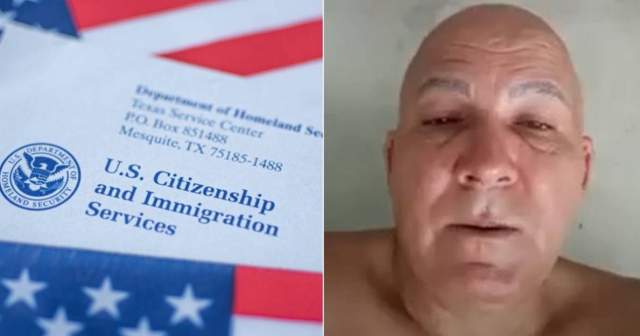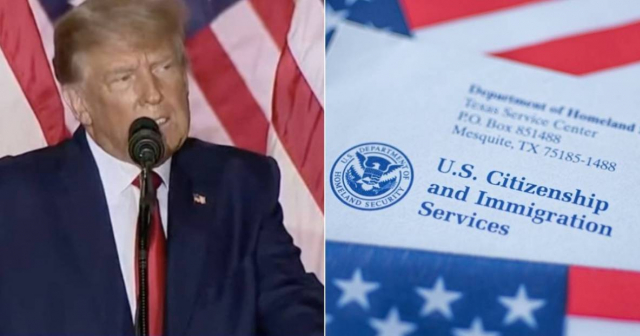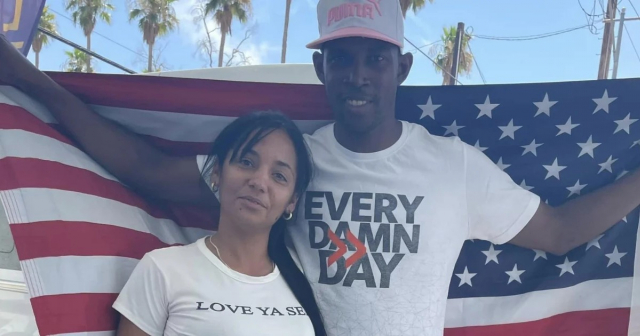The U.S. government temporarily suspended travel permits for beneficiaries of the humanitarian parole program following an internal report that revealed significant levels of fraud, Fox News reported this Friday, citing a spokesperson for the Department of Homeland Security (DHS).
The government source indicated that "as a precaution" they have suspended the issuance of advance travel authorizations for the program since mid-July, while they proceed to thoroughly review the applications from the sponsors, which is where the focus of fraud lies.
"The DHS has review mechanisms to detect and prevent fraud and abuse in our immigration processes. We take any abuse of our processes seriously," stated a spokesperson for the Department of State.
He added that when fraud is identified, the U.S. Immigration and Customs Enforcement (ICE) investigates and "will litigate the corresponding cases in immigration courts and refer criminal cases to the Department of Justice."
The CBP stopped issuing travel authorizations to Venezuelans on July 6 and to Cubans, Nicaraguans, and Haitians since July 18.
The report
The report was prepared by the Fraud Detection and National Security Directorate to ensure a rapid response to fraud in immigration benefit programs.
The internal document revealed that the application forms included social security numbers, addresses, and phone numbers that were reused multiple times, even in some cases hundreds of times.
Parts of the report showed that 100,948 forms were completed by 3,218 serial sponsors, classified as those whose number appears on 20 or more forms.
It was also discovered that 24 of the 1,000 most used numbers belonged to a deceased person.
Additionally, it is noted that around one hundred postal addresses were used between 124 and 739 times in more than 19,000 forms. These addresses included storage units.
The phone number of a sponsor was sent in more than 2,000 forms, and there were 2,839 forms with non-existent sponsor zip codes, according to the leak.
Sponsors must undergo a background and security check and demonstrate that they have the financial resources to support the person they are sponsoring.
"The selection and background verification process for advanced travel authorizations is separate from the selection process for supporters residing in the United States," said the spokesperson.
"The DHS has not identified concerning issues related to the selection and background verification of beneficiaries," he added.
The spokesperson announced that they will restart processing as soon as possible "with the appropriate safeguards," although they did not provide a probable date for the return of travel permits under humanitarian parole.
Journalist Mario J. Penton described the document that has determined the temporary freeze of humanitarian parole as a "devastating report."
The humanitarian parole program
The program was initially announced for Venezuelans in October 2022 and allowed a limited number of them to fly or travel directly to the United States as long as they had not entered illegally, had a sponsor in the United States, and passed certain checks.
In January 2023, the Joe Biden administration announced that the program would be expanded to include Haitians, Nicaraguans, and Cubans, and that the program would allow the entry of up to 30,000 people monthly into the United States.
The program allows migrants to receive work permits and a two-year authorization to live in the United States.
By the end of June, 106,757 Cubans had benefited from the program, and about 104,130 had already traveled to U.S. territory, according to official figures from CBP.
The DHS revealed this year that in October 2023, there were around 1.6 million applicants waiting to receive approval to fly to the United States through the humanitarian parole program.
A lawsuit challenging the program was dismissed earlier this year, but the Republican states that filed it have indicated they intend to appeal.
What do you think?
SEE COMMENTS (1)Filed under:

